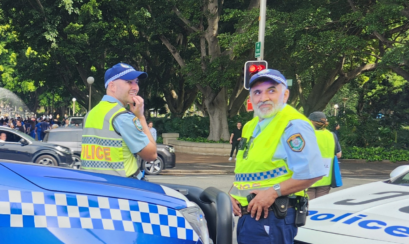Medical science is progressing so quickly it is often difficult for the law to keep up. Take the recent medical breakthrough of healthy sperm being extracted from a man’s body two days after he died and used an unprecedented 48 hours later to create new life with his grieving widow. Two days after the man died his sperm was placed inside the dead man’s wife via IVF and she gave birth to a healthy baby.
The medical obstacles weren’t the only problem she faced. Before this, the longest period after death for removal of healthy sperm was 30 hours. Before the medical team could even start, there was a problem in law to overcome.
The 30 year old woman lived in South Australia where sperm can only be used posthumously if it is removed from the man’s body prior to his death. The widow would have to argue in court that they had long intended to have a baby and this was only prevented by his sudden and unforeseen death in a motorcycle accident.
The husband hadn’t put down his wishes in writing, so the woman first had to fight the South Australian court for the right to have the operation performed in the Australian Capital Territory, the only place in Australia where sperm can be used from a dead man without written consent.
It was a race against time. The couple had been married for nine years. The wife was battling her own shock and grief. At the same time she was arguing for the legal right to use medical science to have a baby by her late husband.
Her legal team produced friends and family who testified the couple had long been trying to have a baby, and it was what the man would have wanted. The argument convinced the judge, the sperm was taken from the body and the widow raced to Canberra to get the IVF operation.
Some people criticized the court decision, saying it condemned the child to grow up without a father. But Justice Tom Gray said the couple’s desire for children was known to other people and was “evidenced in writing”. He said the woman would provide a loving, caring and stable environment for her child and was a “determined and courageous woman”.
A similar case in NSW ended with the court granting the widow possession of the frozen sperm as her property.
Stacks lawyer Anneka Frayne said the cases demonstrate the need to write a detailed will early in order to prevent unwanted court costs if the worst should happen.
For more information please see Sperm donors, parental responsibility and financial obligations in NSW.














